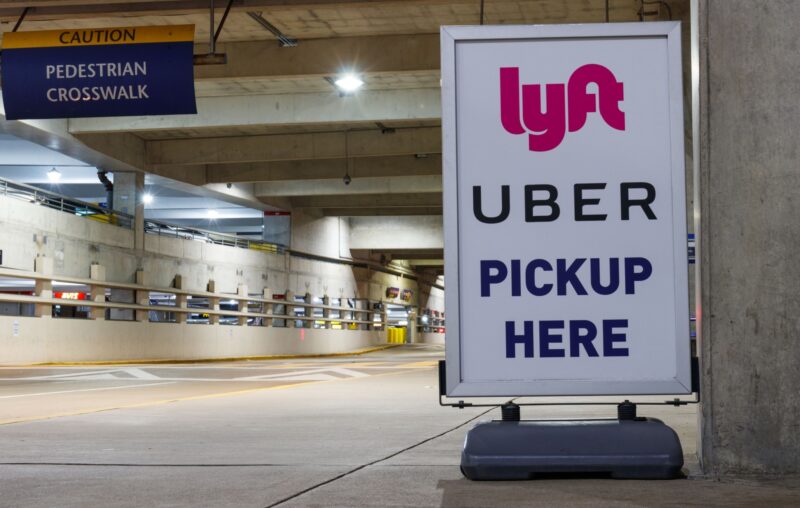[ad_1]

Late final week the Minneapolis Metropolis Council handed an ordinance to extend ride-share driver pay to $1.40 per mile and 51 cents per minute whereas carrying a passenger. Mayor Jacob Frey vetoed the measure, however the Council took little time in overriding that veto in a 10-3 vote.
“This can be a David and Goliath story,” mentioned Robin Wonsley, a Council member who helped writer the coverage. And she or he’s proper. It’s completely a David and Goliath story. She simply has the gamers incorrectly forged.
The scenario in Minneapolis is a near-perfect microcosm of the minimal wage debate because it has performed out in america over the previous couple of a long time, the truth that ride-share drivers are impartial contractors, however. The gamers are at all times the identical: capital, labor, and politicians. Capital desires labor prices as little as they’ll probably be. Labor desires wages as excessive as they’ll probably be. And politicians need to seem as if they’re doing the precise factor with a purpose to win, and even purchase votes. It has ever been so.
So what has occurred in Minneapolis, and what usually occurs? In brief, employees both conform to take jobs on the wages they’re supplied or they don’t. If sufficient of them refuse, wages essentially rise. Why? As a result of when the availability of one thing goes down, and demand doesn’t change, the value rises. That is as true of labor as it’s of Taylor Swift tickets. Left to their very own gadgets, employers and employees will inevitably come to a solution that serves each of their pursuits. However that form of mutually useful association has by no means made politicians all that comfortable, because it invariably proves that folks don’t want all of them that a lot.
So what do they do? They mandate issues. As a result of all authorities can do ultimately is mandate or forbid issues.
Within the case of labor, authorities mandates sure wages, no matter what the events to the employment settlement would have agreed to if left alone. This occurs on the federal degree, the place the minimal wage is $7.25 an hour, on the state degree, the place it varies from the federal minimal to Washington’s $16.28 mark, and in Washington, DC, which has the very best minimal wage in america at $17 an hour.
When prices go up, the cash to pay for the rise can solely come from one in all three locations: prospects paying greater costs, enterprise homeowners incomes much less revenue, or employees being laid off, dropping work hours, or dropping advantages. That is as true of labor prices as it’s with hamburger meat, electrical energy, or truck tires. Ultimately, prices are prices.
And in Minneapolis, the politicians went too far. How do we all know? Uber and Lyft each introduced inside days of the Metropolis Council’s choice that they’d stop operations within the Twin Cities. The associated fee to capital is just too excessive for the businesses to earn a revenue in that market. And companies exist to earn a revenue.
So by decreeing what employees “ought to” make of their metropolis, the Minneapolis Metropolis Council has assured that Uber and Lyft drivers will now earn nothing, as a substitute of creating a wage they have been all clearly comfy making. How do we all know that? All of them saved their driving gigs at what they have been being paid. It was, of their estimation, the most suitable choice that they had. Now they now not have that choice.
Councilwoman Wonsley is correct. This can be a David and Goliath story. However authorities is at all times Goliath, and Goliath nearly at all times wins. And when Goliath wins, labor usually loses.
Extra importantly, prospects and enterprise homeowners lose, too.
And what’s going to occur to taxi fares within the Twin Cities when Uber and Lyft exit the market?
When provide decreases, demand will increase, as does the value.
[ad_2]
Source link




